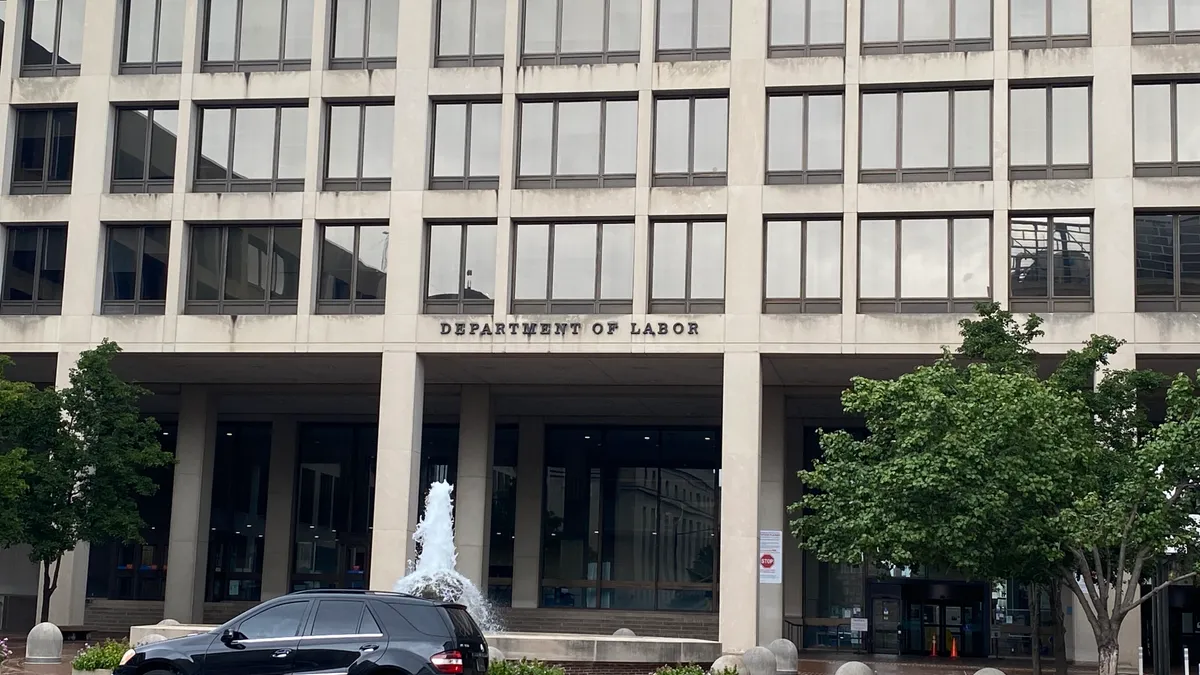Dive Brief:
- An increasing number of CEOs are being shown the door in response to ethics violations, The Washington Post reports. A new study from PricewaterhouseCoopers subsidiary Strategy& indicates that the rate of CEO dismissals from 2012 to 2016 stood at 5.3%. That's a 36% increase from the previous five-year period, during which researchers recorded a dismissal rate of 3.9%.
- On the whole, the findings amount to a decidedly small number of companies across the board, the Post says, but a growing share of dismissals are due to scandals. Globally, the study estimates that 31% of successions between the 2007 to 2011 period alone were caused by scandal, ethical violations and conflicts with board personnel among other issues.
- An increasing number of regulations and government requirements have contributed to these statistics, according to Strategy& principal Gary Neilson. Companies with a global presence — especially those with operations in emerging markets with less ethical oversight — are more likely to face pressure.
Dive Insight:
Another angle to this story that shouldn't escape notice: Ethics reports are also on the upswing — by a rate of over 50% at that, per the results of a study from Navex Global.
That means employees are doing a better job of recognizing and reporting violations when they see them. Better yet, a corresponding decrease in the amount of case-closure time means HR is doing its job efficiently and paying attention to employees with concerns.
Ethical conduct must flow from the top-down in large organizations, and recent events in the news speak to the importance of this idea. Wells Fargo made all the wrong headlines last year when it was found that management enabled a toxic workplace culture for bank employees, creating the conditions for a scandal. New CEO Tim Sloan admitted as much in saying that it was time to put employees before shareholders moving forward.
Similar accusations were made of former THINX CEO Miki Agrawal, who resigned from the company she founded after reports emerged about poor treatment of workers and little HR presence. The key to preventing such abuses from happening is to keep leadership accountable for its actions, always.
It's no surprise, then, that CHROs have more and more influence on the decisions of executives in the C-suite. If there's one thing CEOs need to understand regarding business ethics, it's that HR is absolutely mission critical.















